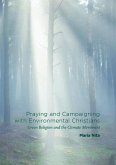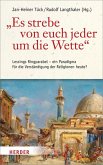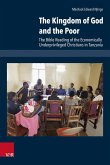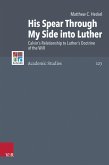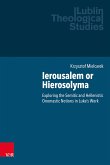Based on the notion of lived religion, the volume seeks to elucidate the role of religion in contemporary society in an international and interdisciplinary perspective. It draws its inspiration from the works of Wilhelm Gräb, who in his contribution to scholarship has emphasized and shaped the notion of lived religion as a basis for empirical and theoretical approaches to the study of religion. A lot of research has been conducted on the contribution of religious communities to development. Moreover, the literature has scrutinized religious communities' normative notions on development, i.e., what in different theological perspectives can be seen as desirable 'development' outcomes - for instance notions of a good life or of human flourishing. In both cases, most of the work in the field has focused on institutionalized religion and religious tenets and theologies. Perspectives of religion as it is lived by people on the ground have thus far received less attention. This book provides an innovative angle to the religion and development research and literature. Transposing the notion of lived religion to the concept of development, one might be able to also speak of 'lived development'. Moving beyond the dominant paradigms of global development, this volume raises the question how development is conceptualized, enacted and practiced on the ground. This concerns not least the question what is seen as desirable lives for individuals, communities, societies and the world as a whole. It is precisely at this point where lived religion and lived development intersect.
Bitte wählen Sie Ihr Anliegen aus.
Rechnungen
Retourenschein anfordern
Bestellstatus
Storno


